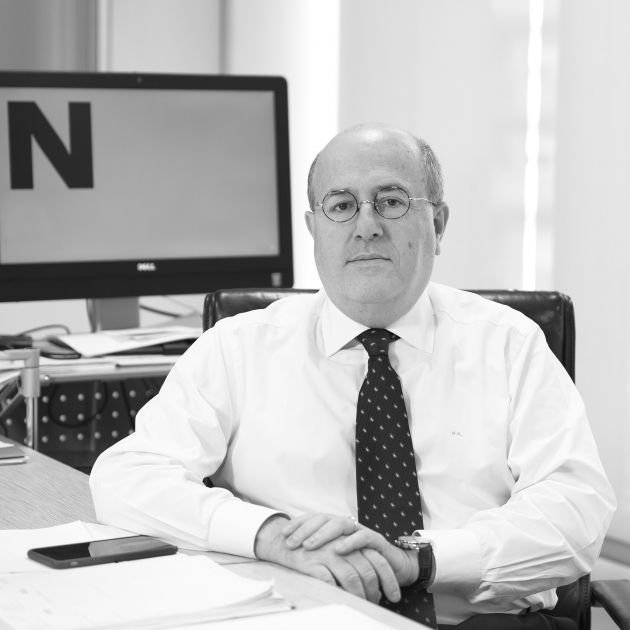The sixth soufflé [the rally on the Diada, Catalonia's National Holiday] since 2012, rose and climbed all afternoon on Monday, without the Spanish government and those opposing the referendum of 1st October able to give an understandable response that was not the one already elaborated in official arguments hours before the mass rally: there are fewer people than previous years; the independence movement is in decline. A million people, said the Urban Guard of Barcelona. Many more, said the convening entities. Quite a lot less, said the delegation of the Spanish government. The position of the correspondent of The New York Times, Raphael Minder, is a good summary of the rally: his sixth Diada as a representative of the NYT and still surprised that the Catalans protest peacefully on their national holiday.
In fact, for a year, the number of people who went to the centre of Barcelona is not important. What is remarkable, what really has political significance and should make the political power of Spain reflect, as well as the institutions, the direction of the state, the media - some of them already converted into authentic hooligans and close to a military coup - the financial institutions, trade unions and employers' associations, intellectuals, people in the arts and entertainment, sportsmen and members of all professional disciplines that have something to say, is that a million people challenging the Constitutional Court, the Public Prosecutor's Office and the ordinary courts of justice, went out on the street to accompany the government of Catalonia in its call of the referendum on 1st October.
This is the key. It escapes from the artificial story that Madrid is trying to impose, coming at a hugely complex moment in which Moncloa (Spanish prime minister's residence) has opted to not carry out politics but to leave everything in the hands of the courts. And this has begun a general cause, because it is necessary to put it like this, against independentism. Not against those with maximum political responsibility, the president of the Catalan government and the president of the Catalan Parliament. The move by the Spanish state has been abysmal in the last 72 hours: a thousand people have been warned through the Official State Gazette that if they follow the instructions of the Catalan government, they can be disqualified or accused of prevarication and, who knows, of misappropriation of public funds. Really, can criminal lawsuits be brought against hundreds or thousands of people for putting out ballot boxes on 1st October? The Spanish government has put the demands of Catalonia at this crossroads.
And the news coming from Madrid is that it has acted with restraint, waiting for the Diada to pass. And that from Tuesday, the repression of the Spanish state will rise several steps. This can only be called blindness. There's no other word, shorter or more precise.
